Description
Uses
- Metastatic colorectal cancer (metastatic)
- Lung cancer that is not small-cell cancer
- Kidney cancer
- Ovarian and cervical cancers
- Glioblastoma (Brain tumor)
- Off-label: eye disorders such as age-related macular degeneration
Benefits:
- Restrict tumor growth by minimizing the formation of blood vessels.
- Helps in the chemotherapy process with combined usage.
- Assists in enhancing progression-free and overall survival in various cancers.
- It can be applied to various tumors.
Administration
- Administered as an IV infusion by a practitioner.
- The frequency and dose vary according to cancer and patient condition.
- Frequently used with chemotherapy or other specific therapies.
Side Effects
- Ordinary: hypertension, epistaxis, fatigue, mucus, headache
- Severe: Slow recovery of wounds, blood clots, bleeding, gastric holes, blood in the urine, kidney issues (protein in the urine)
Conclusion
Bevacizumab is an effective targeted cancer therapy that has meaningful advantages in the management of cancer growth and survival when administered adequately. It offers inspiration to patients with terminal cancers, but this needs to be closely monitored; it has certain risks and side effects.

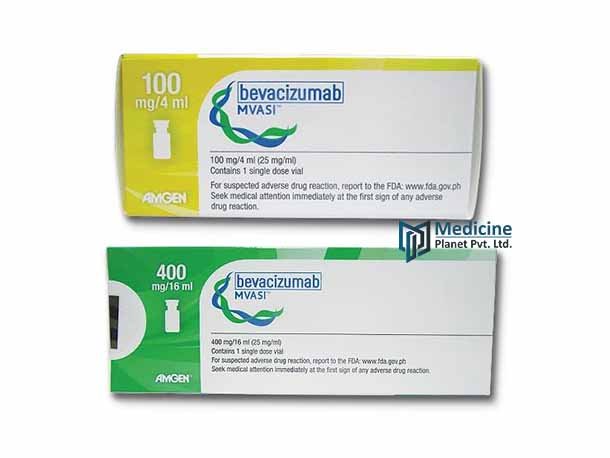
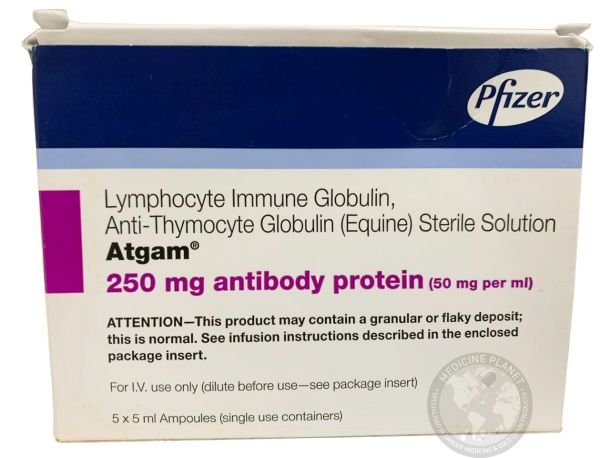
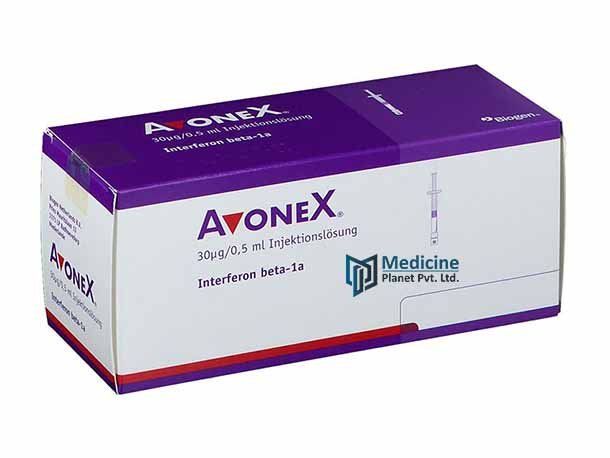
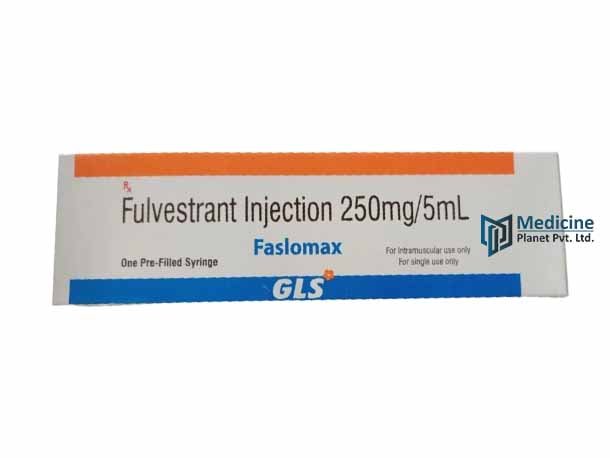
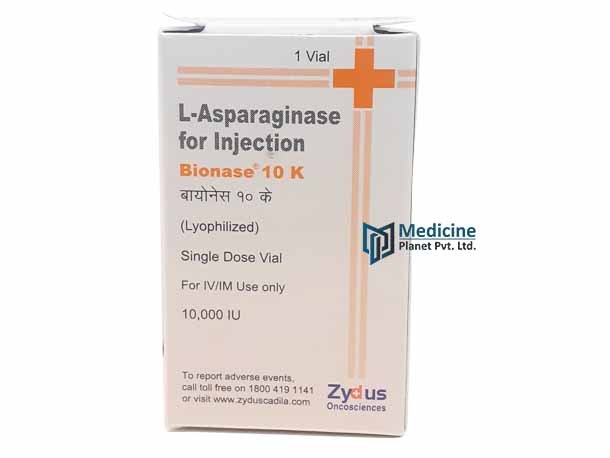
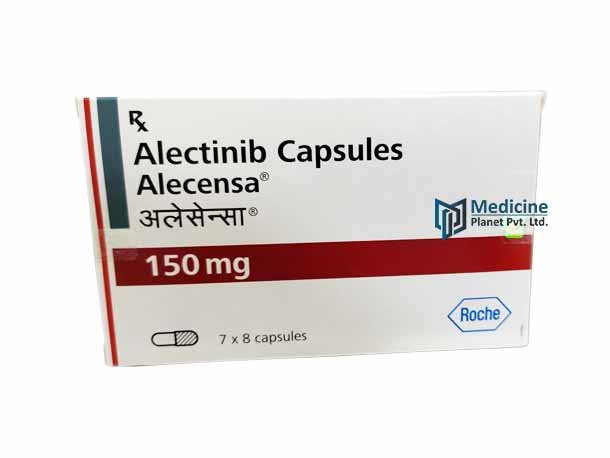
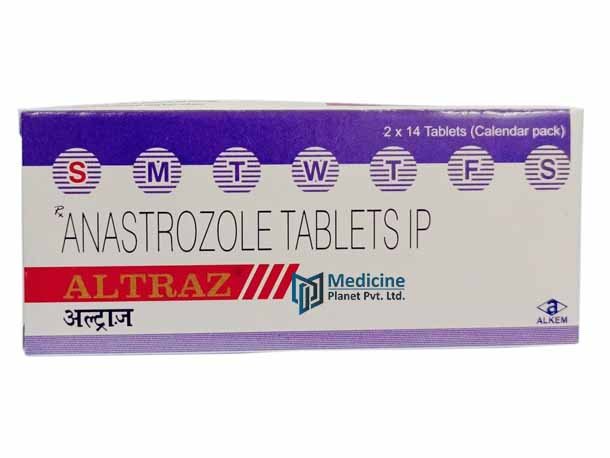
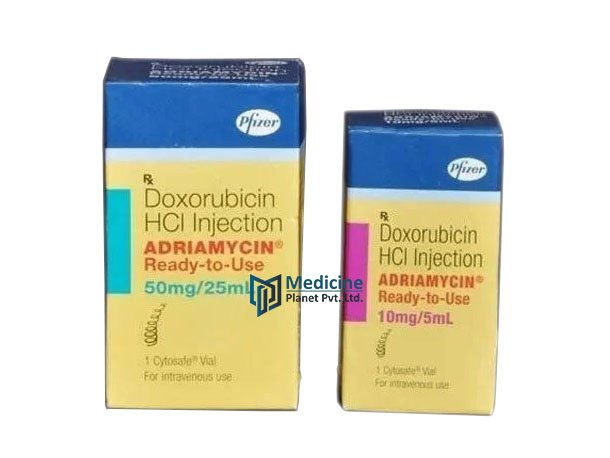
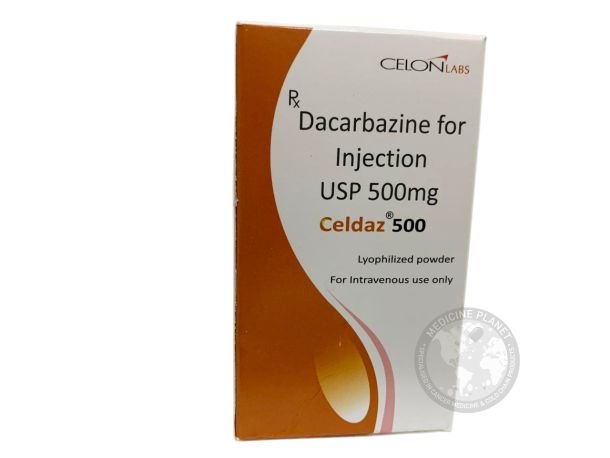

Reviews
There are no reviews yet.